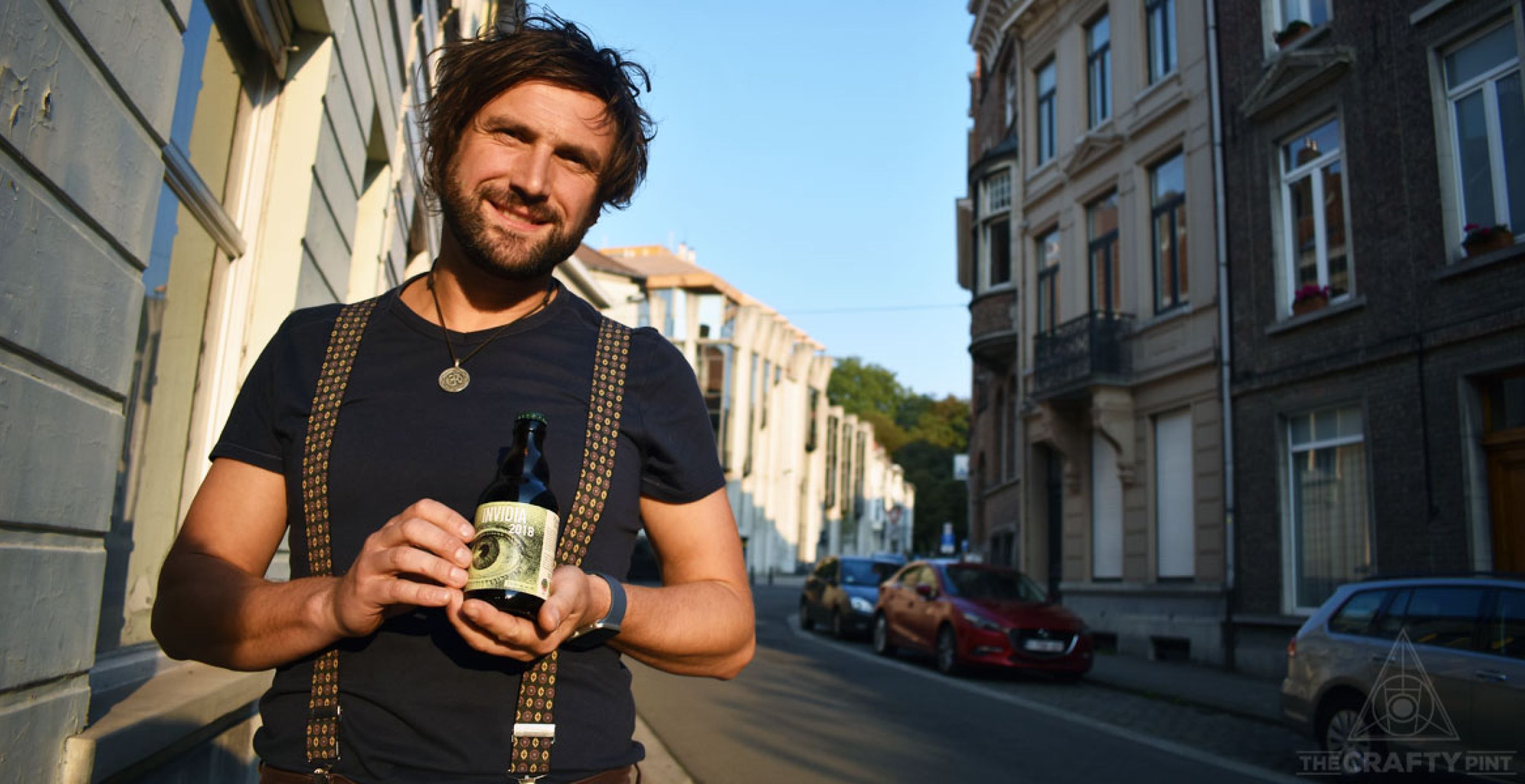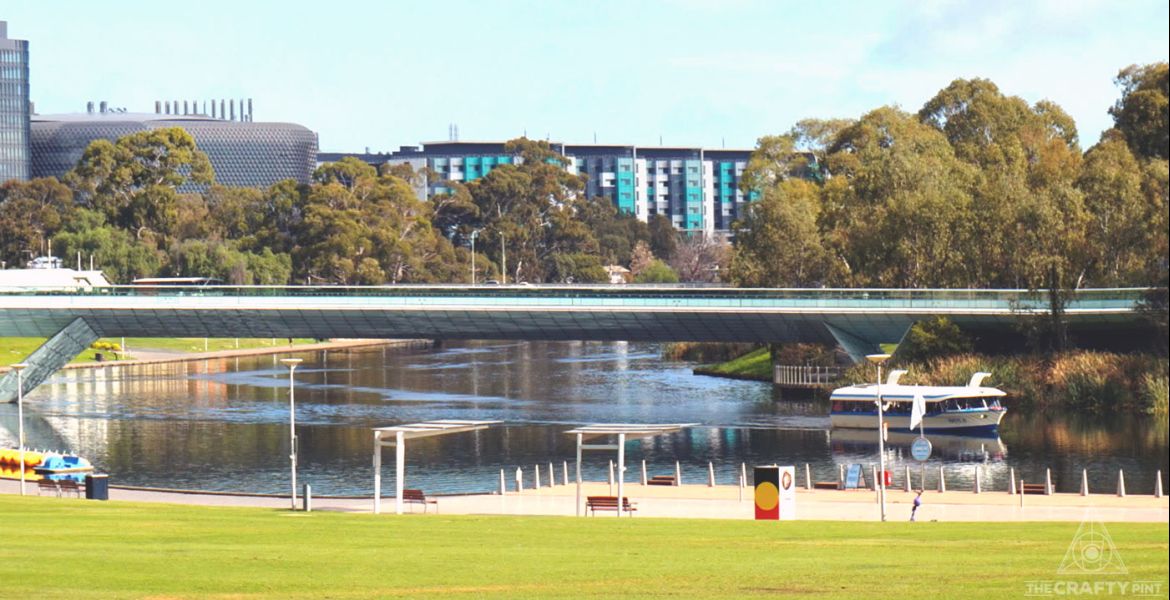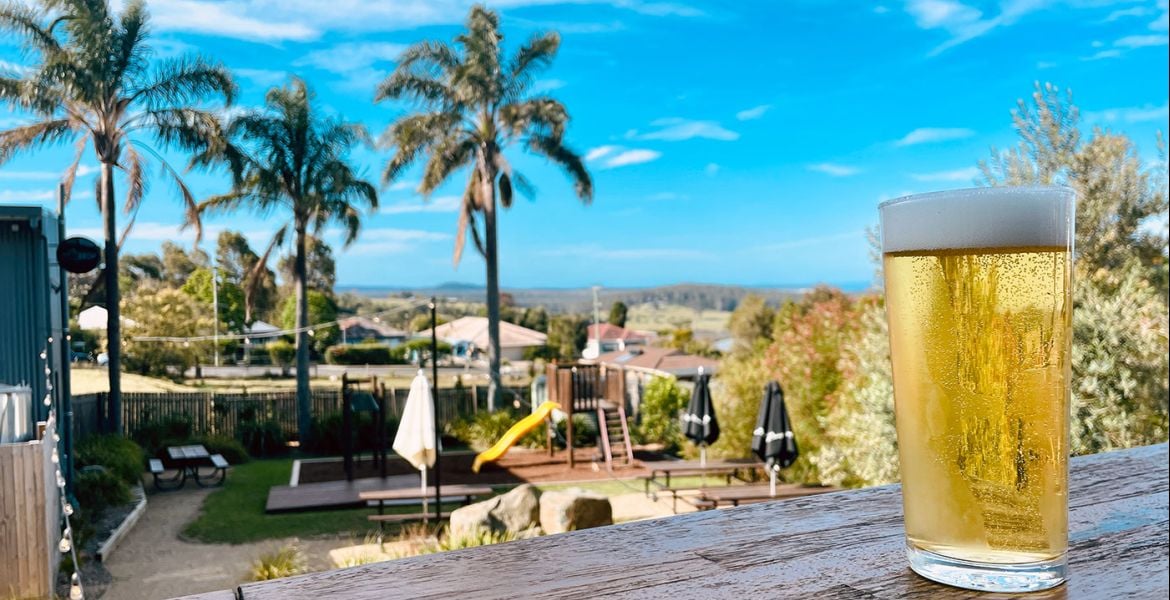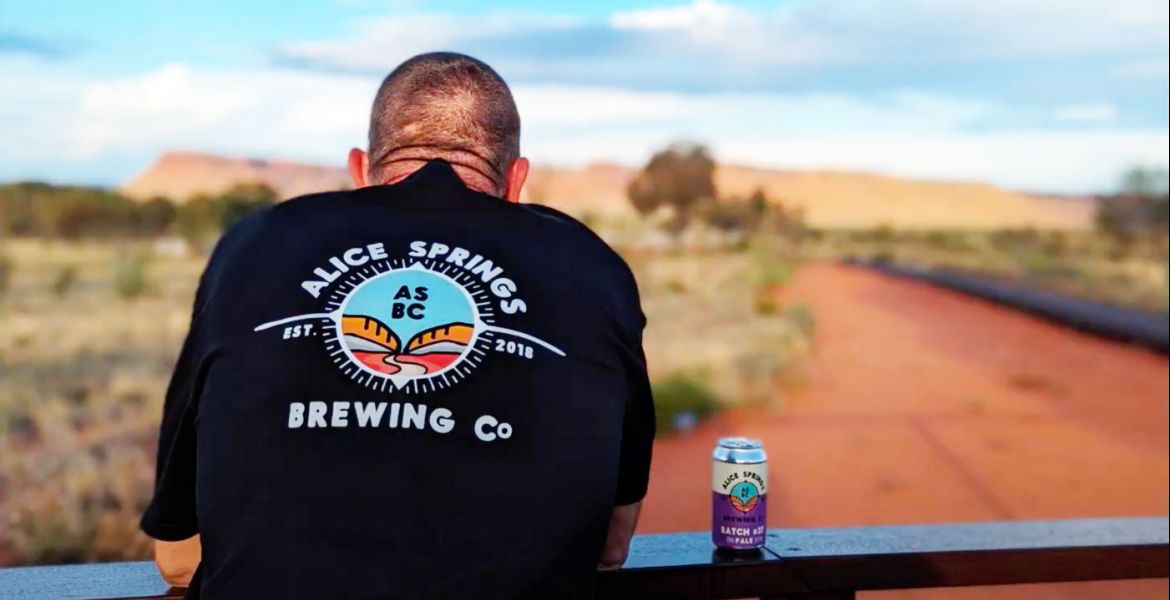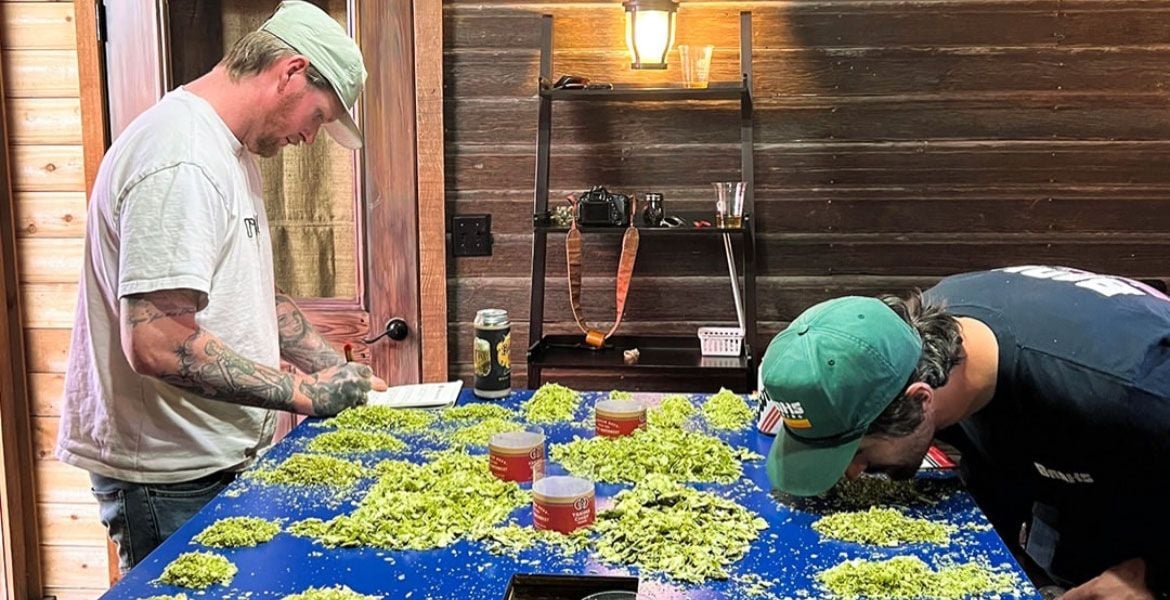I realised this year that I had been to most countries in Europe, but never to Belgium. For someone who writes beer travel stories it had become a bit of a joke. Spontaneously, I decided it was time to fill the gap on the map.
I was curious about the stories of newer Belgian brewers; plenty has been said and written about the country’s historic breweries and beer styles but what was it like, I wondered, to explore original expressions in beer, against the backdrop of such a long and delightful tradition of brewing?
My first stop was Anzegem, a small town in Flanders. It’s no tourist town, that’s for sure; I’m not sure what else would have encouraged me to make my way there, other than rumours of one of Belgium’s best new breweries, Het Verzet.
Het Verzet means “the resistance” in English, and there was an immediate sense of rebellion in the brewery. Started by three young bio chem graduates in 2011, Het Verzet now produces an impressive array of styles, each stylishly branded, each integrating an experimental approach to brewing as well as a genuine attempt to create balanced, delicious beers.
As he poured me a glass of one of his beers, Alex Lippens answered the question before I even asked it: “We have to convince Belgian drinkers, because they have a fixed idea of what beer should be.”
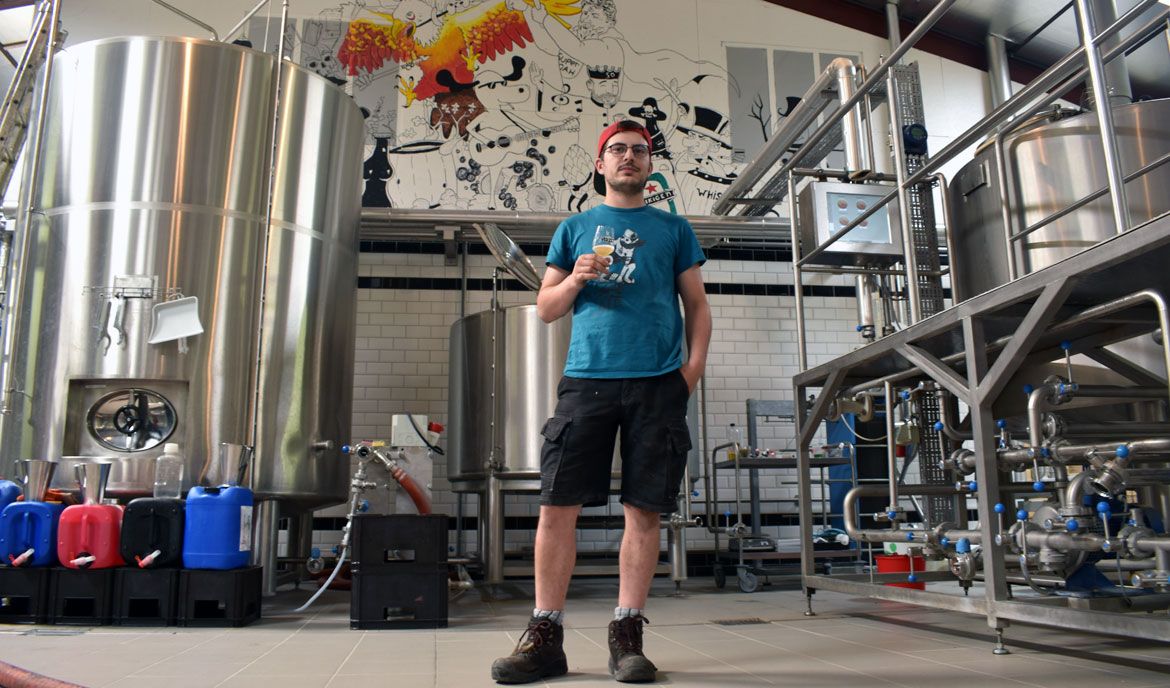
I would receive a similar response from Koen Hugellin (pictured at the top of the article), whom I met on a balcony in the small city of Gent one late summer evening. He’d just knocked off from his other job: working as a clown.
Koen brews at the Kazematten brewery within the old walls of the western city of Ypres. He also brews his organic Zeven Zonden beers, a series that includes beer styles not readily associated with Belgium, such as Invidia, a complex chocolatey stout. They’ve been highly praised, but still Koen reckons that Belgian drinkers “aren’t ready for it.”
Koen is happy, hyperactive and extremely kind, but he’s not mincing words when it comes to challenging his country’s beer culture. For Koen, the kind of patriotism that Belgians have about their brewing has become a setback.
Over in Brussels, bar proprietor Jean Hummler echoes these thoughts. He suggests there is a sort of insularity in the consciousness of Belgian beer drinkers that makes it hard for them to see beyond their own styles.
“In other countries, consumption is totally different,” he tells me.
We’re at his bar, Moeder Lambic, and, with a Gallic flair for conversation, Jean quickly runs through how he perceives the evolution of beer here in a story that’s not dissimilar to Australia: beer consumption seems to be falling, but more and more craft beer is being sold. While a huge percentage of bars are contracted to the big name breweries, and older drinkers continue to drink from established brewers, younger punters are being drawn to try the new beers that are coming out.
“We’re bringing it back to the young people,” Alex at Het Verzet had told me, “to us, to the millennials.”
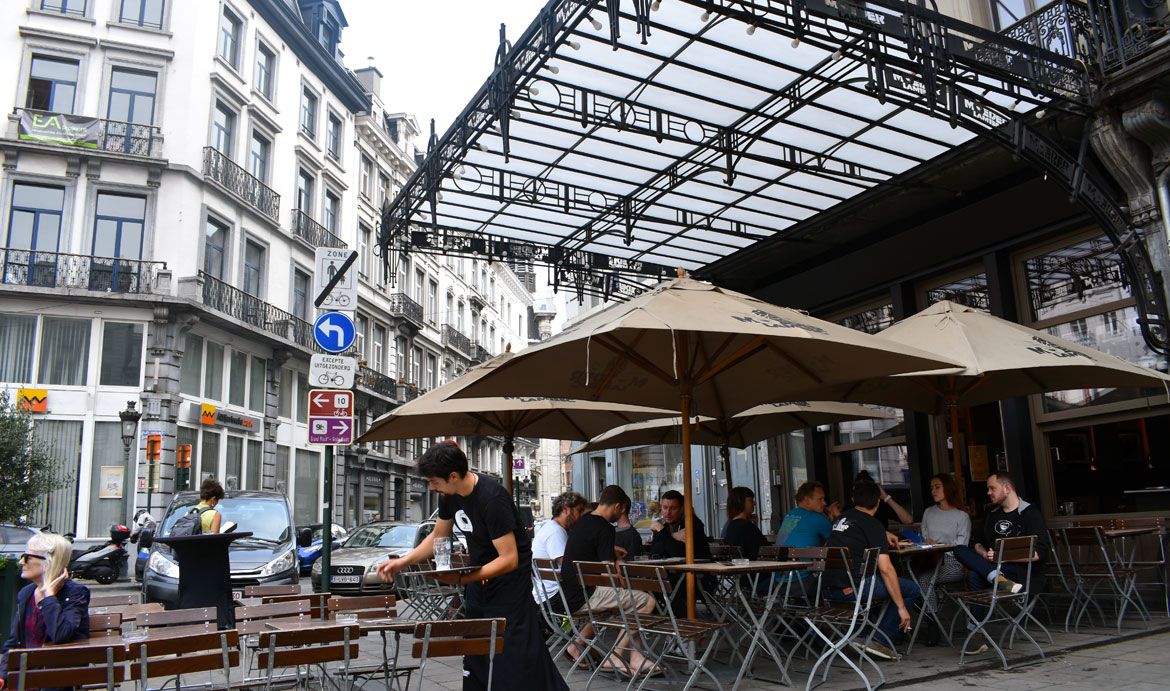
Jean’s the part-owner of Moeder Lambic, the pioneer craft beer bar in Brussels, and their tap list shows no shortage of reasons to be excited. He says that, in the past five years, microbreweries have been appearing all across the country.
“It’s in process, the change,” Jean says. “Now it’s happening quite fast.”
One of Jean’s barmen, a friendly elvish man named Boris, is part of that change. After recommending one of their rather un-Belgian beers, he admits that’s he’s also a part-time brewer at No Science. Now two years old, No Science is one of a handful of new breweries in the European capital. A burgeoning crafty crawl is developing across the chaos of this ugly, messy, wonderful city.
There are few who would argue with the notion Brasserie de la Senne is responsible for spurring much of the excitement in Brussels. Starting out in 2003, Brasserie de la Senne now produces a number of beers that are regarded by many brewers around the world as among their favourites. Diverging from traditional Belgian styles by producing beers typically with lower alcohol content and a greater emphasis on bitterness – not to mention labels that are each worthy of dissecting in a thesis – Brasserie de la Senne has influenced a new approach to Belgian brewing.
And then there’s Brussels Beer Project. Established with a crowdfunding program four years ago, it has borne a fair whack of hostility. For many, they became the face of gypsy brewing – an approach that’s been a topic of debate everywhere there’s beer but one that seems to have become especially divisive in Belgium. Yvan de Baets from Brasserie de la Senne has described contract brewers as a “disease” in a past interview, for example.
On top of that, many brewers in Brussels were miffed at the name of their beloved city being incorporated in the brewery’s business name: most of their beers aren’t brewed at their downtown premises, but in the eastern province of Limburg. A few years on, enmity still lingers; an eavesdropping punter in Moeder Lambic didn’t hesitate in giving his opinion.
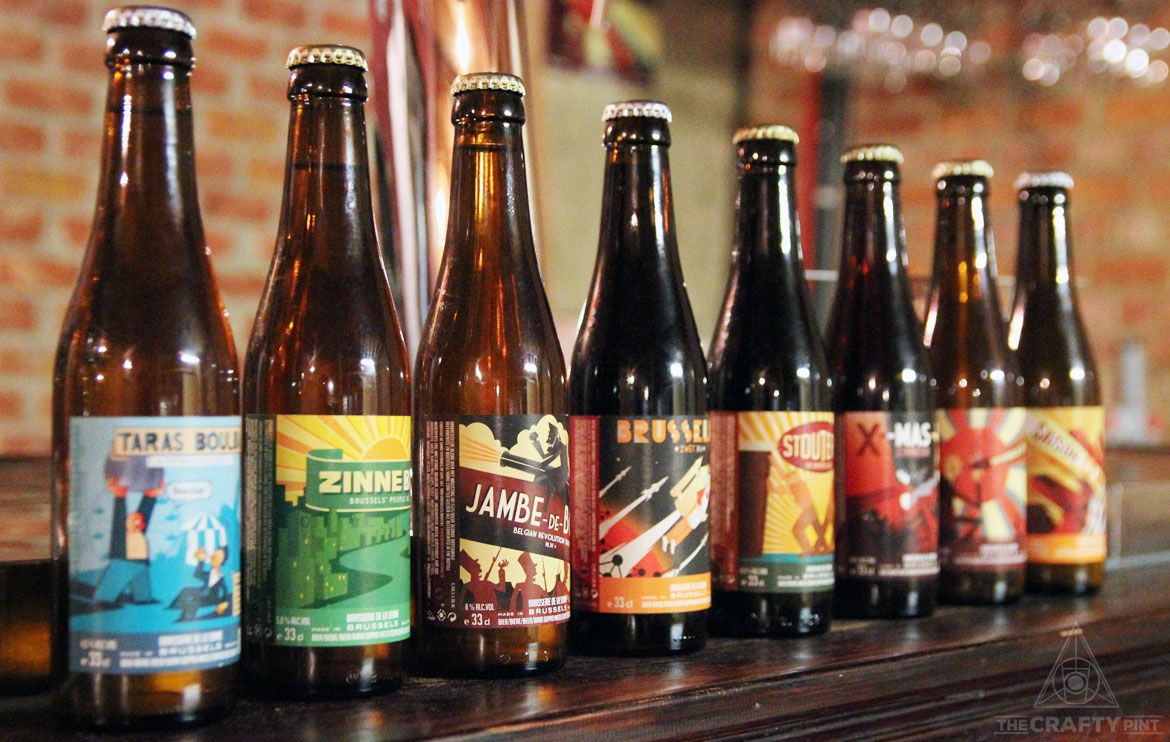
Inside the Het Verzet brewhouse, my eyes had been quickly drawn to a large mural, in which an eagle was being sacrificed. It was “the eagle of InBev”, I was later told: an unsubtle symbol of what they wanted to do with the Belgian-based conglomerate.
“We’re against a globalisation of taste,” Alex said plainly.
Rebels they may be, but there is also no doubt that the brewers of Het Verzet are proudly Flemish and unrepentantly draw upon the traditions of Flanders. Their most important beer is their Old Bruin, a very Flemish and very delicious creation. And, while they’re adamant that millennials are their customers, in the brewery I notice a drinker of a different generation: Alex’s dad Jan is quietly knocking off an Old Bruin in between doing odd jobs around the brewhouse.
The ability for old and new to work together is exemplified by a visitor to the Moeder Lambic pub while was there: Jean Van Roy, the head brewer at Cantillon, had arrived for a meeting.
Later that afternoon, I head through a labyrinth of grey streets to Cantillon, which had – until relatively recently – become the only Brussels brewery still operating into the 2000s. Its survival was aided by a decision to establish itself as the site of the non-profit Brussels Museum of the Gueuze, encouraging thousands of visitors to experience the Belgian brewing tradition.
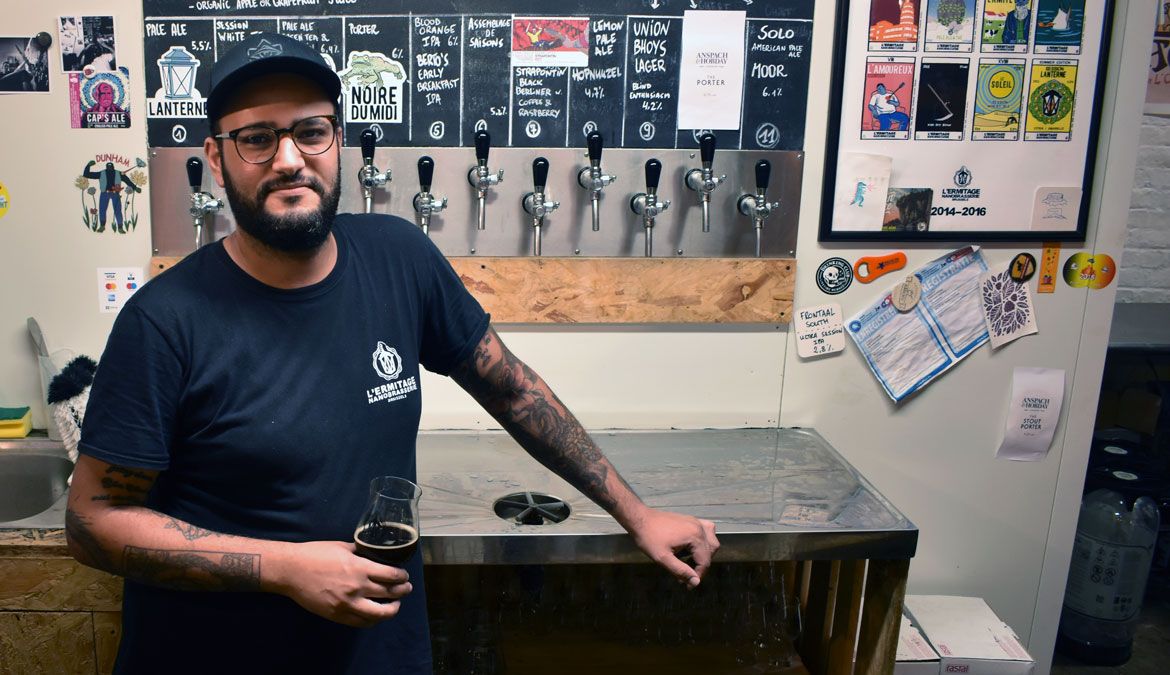
By comparison, Yvan suggests de la Senne are “traditional modernists” or “modern traditionalists”, fitting somewhere in between traditional Belgian brewing and contemporary craft beer. It’s an important matter for Yvan, who is also a beer historian and author: in a recent podcast he criticised a fixation on experimental or innovative beers, simply because “it doesn’t belong to a culture.”
And, if there’s one thing Belgian beer might teach us, it’s that a blend of old and new can produce magnificent results. This small, bilingual country blends its unconventional zwanze humour with a seriousness in thought and art. That appears in the evolving environment of local beer: robust debate, appreciation for tradition and self-deprecation, as well as a passion for doing things well. The prospect of more breweries around the country opening their doors only makes it more appealing.
Beer culture in Belgium is a special thing. I can’t believe it took me so long to get there.
Some Places To Visit
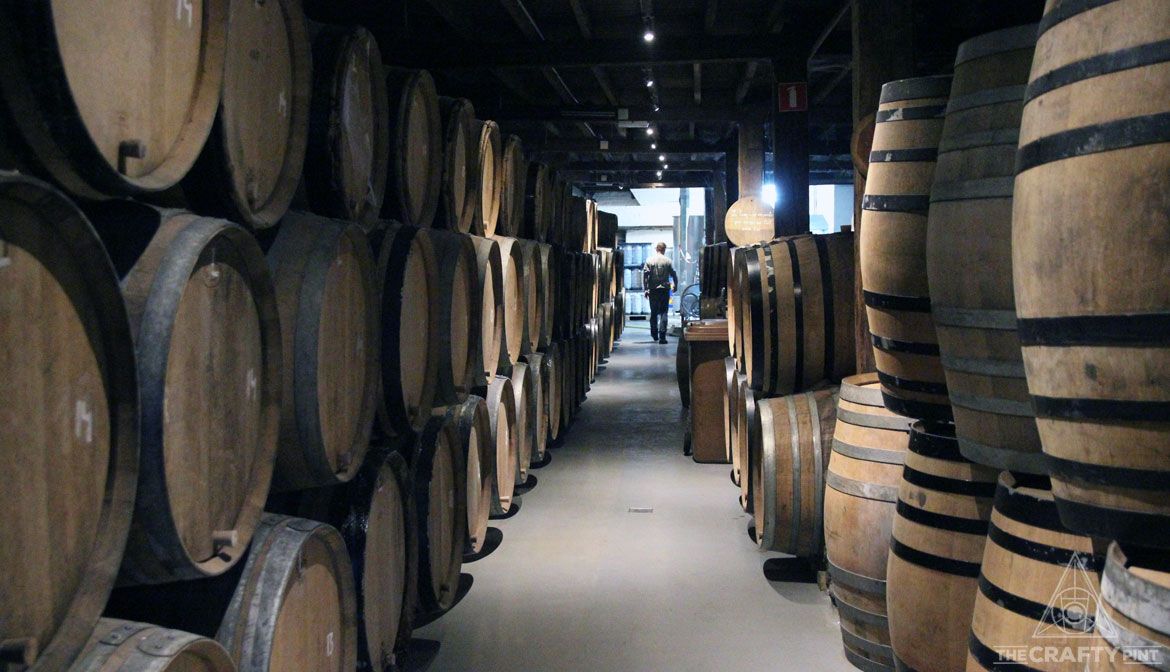
You won’t be surprised that beer tourism is a massive thing in Belgium and so many breweries are set up for occasional beer tours. This is not an exhaustive list, but it’s a good start and you’ll find it easy to be guided further and further down the rabbit hole once you get chatting.
- Moeder Lambic is probably your first stop in Brussels. Their newer, more central pub is in the Place Fontainas and it’s open every day from 11am until reasonably late. (If the stoofvlees is on the food menu, eat it.) The original Moeder Lambic, however, is in the city’s southern Saint-Gilles neighbourhood at Rue de Savoie 68 and it doesn’t open so early on weekdays.
- Currently, you can find Brasserie de la Senne in an industrial site on Chausée de Gand 565, but they’re likely to have another, more experience-centred venue soon. You’ll find their beers around the city of Brussels and beyond.
- If you’re reading this, you'll want to go to Brasseries Cantillon and the attached Museum of the Gueuze. Don’t go Sunday or Wednesday. Every other day, it’s open 10am to 5pm in the Anderlecht region of Brussels, Rue Gheude 56.
- Around the corner is the rather new Nanobrasserie l’Ermitage, open on Friday and Saturday afternoons at Rue Lambert Crickx 26. It’s got a cute taproom with a number of their own juicy beers on tap, plus occasional guest taps or tap takeovers.
- No Science is set up in the Greenbizz industrial park, which could become a hub for craft beer experiences in Brussels. They’re only open to thirsty travellers on Friday afternoons at Rue Dieudonné Lefèvre; another brewery, En Stoemelings, has also set up in the industrial park, with more generous opening hours.
- If you’re keen to see what all the fuss is about, Brussels Beer Project has its taphouse on Rue Antoine Dansaert, open Thursdays, Fridays and Saturdays.
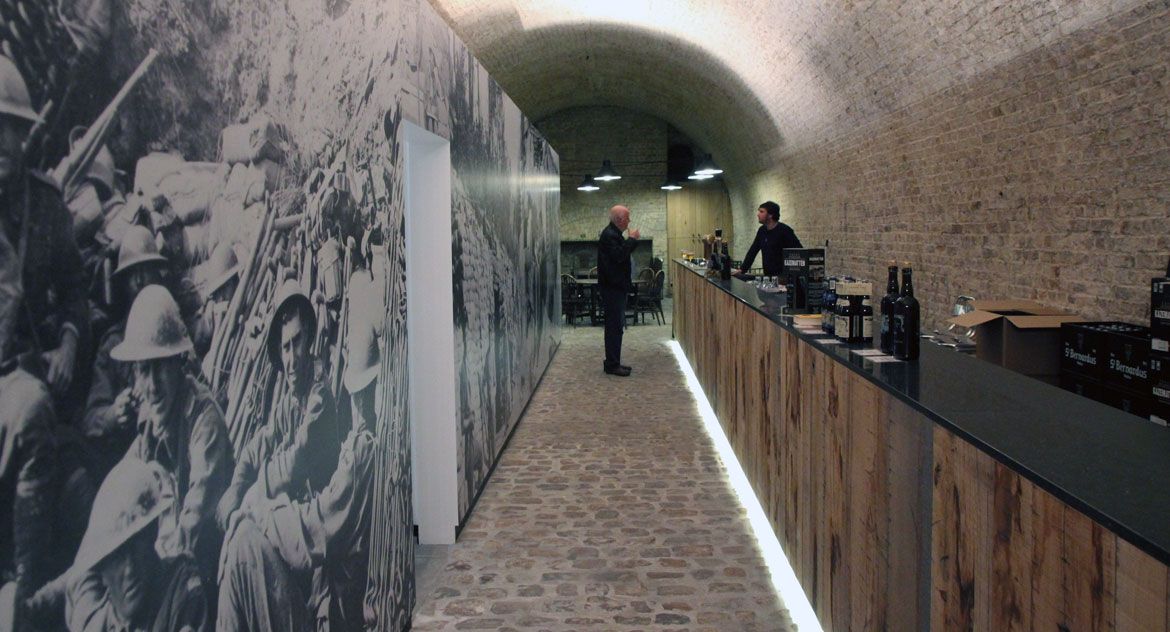
- Over in Ypres/Ieper (depending on your language) Brouwerij de Kazematten only has brief opening hours on Saturdays. It’s a pretty special joint for all sorts of historical reasons though, including the fact that it’s a collaboration between the children of Rudi Ghequire, head brewer at Rodenbach and Marco Passarella, the gregarious marketing manager at St Bernardus. The address is Houten Paard 1.
- Less than 20 minutes drive northwest you'll find De Struise Brouwers, responsible for such classics as Pannepot and Black Albert, in an old schoolhouse in Oostvleteren. They're only open to the public for a few hours on a Saturday, during which you can take your pick from 30 beers on tap as well as whatever else to hand.
- In little Mouscron (between Gent and Lille, if that helps), Brouwerij de Ranke has been expanding its operations and has included a taproom, open throughout the day every day except Sunday. They also run tours.
- The Het Verzet brewery is in the village of Anzegem. It’s poorly connected by public transport and, if you want to tour the facility, it’s best to get in contact with them first.
- The highly-regarded pioneering De Dolle Brouwers – many brewers hatched their own plans while drinking Arabier and Oerbier at the brewery home of former artist Kris Herteleer – has been brewing in an old brewery in Esen near Diksmuide since 1980. NB not Essen near Antwerp (and if you’re in Essen in Germany you’re really on the wrong track). It’s a 30 minute trip from Diksmuide station if you’re on a train. Brewery tours are only on Sunday arvos at 2pm, in English and French.
You can check out other travel articles on the site here.
About the author: Bert Spinks somehow makes a living from writing, walking and drinking.




